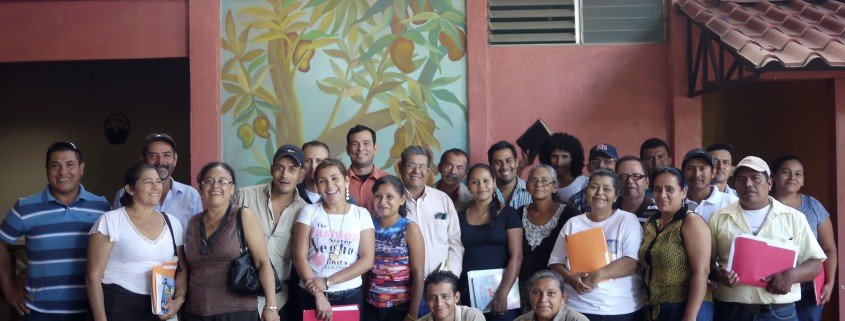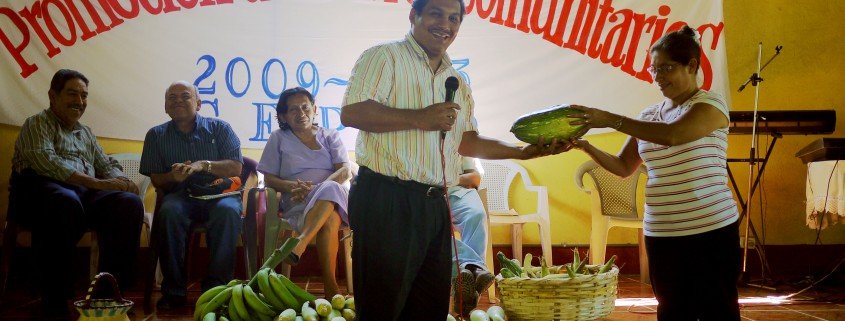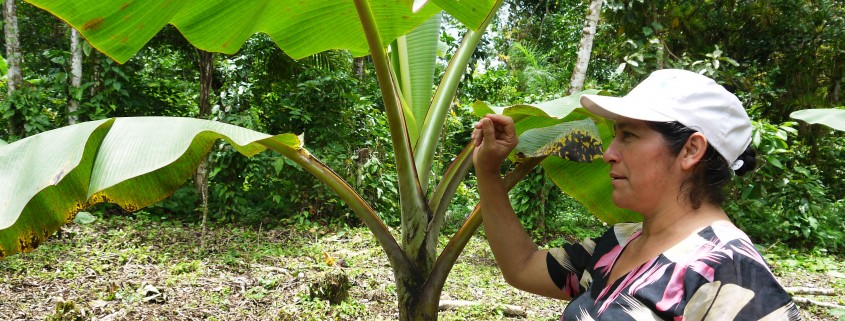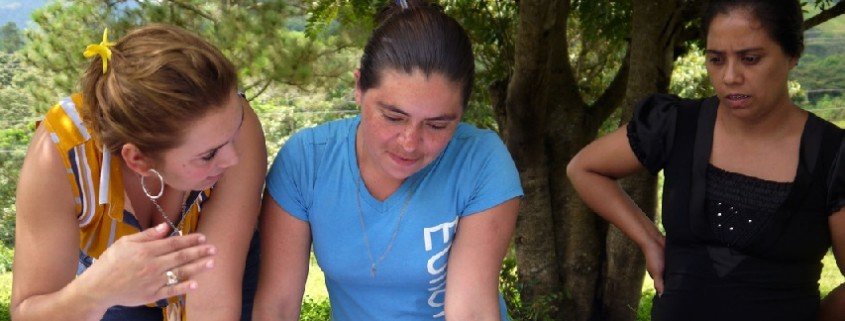Strategic Planning Workshop Transforms Dreams Into Skills
Unity. Strength. Forward Movement. Love as a family. Love for God. Deep thankfulness. Hope for the future.
These are a few of the things CEPAD community leaders said they felt after a two-day workshop where they learned how to solidify their visions for their cooperatives and associations and spring forward into success.
Inocente Ramos Hernandez, the president of the community association for seven communities in the Matagalpa region, expressed his sincere thanks to the U.S. donors and friends who made the workshop possible with their donations to a special campaign in September. “Thank you so much for this gesture, we are so energized after these two days,” he said.
“It was an excellent opportunity to develop a plan we can implement,” Inocente said. “Our association focuses on training our associates in farming techniques and commercializing our products, and now we understand all the elements that will go into making that happen.”
With guidance from CEPAD staff, participants outlined goals, set mission statements and developed action plans that will allow their six community organizations to bring better financial opportunities to all 43 communities where CEPAD worked from 2009-2014. Read more






